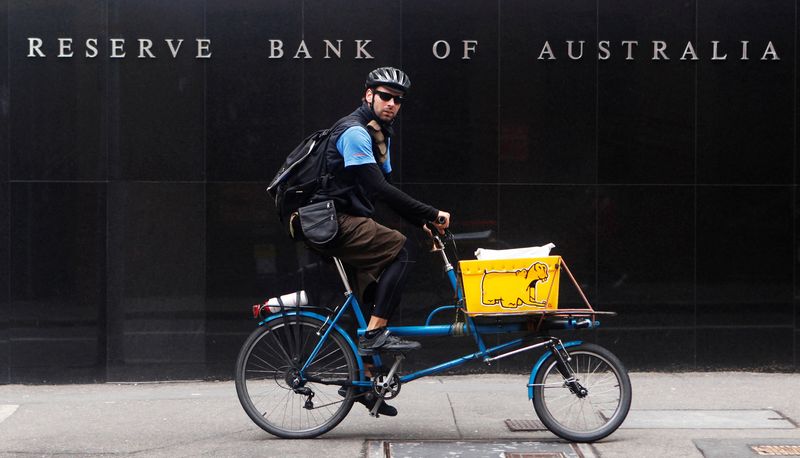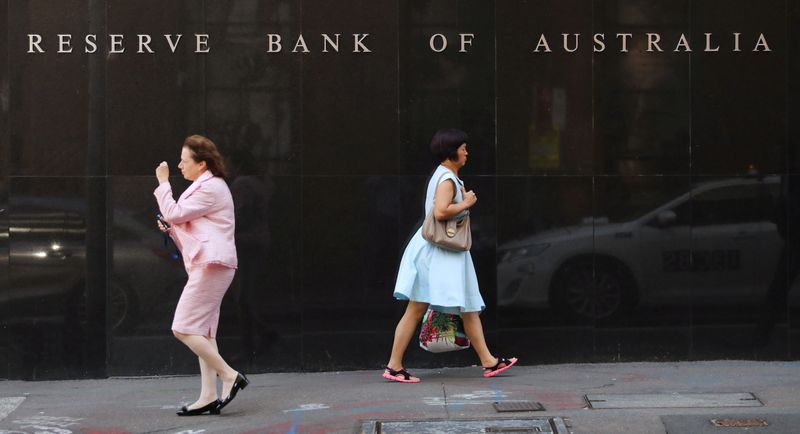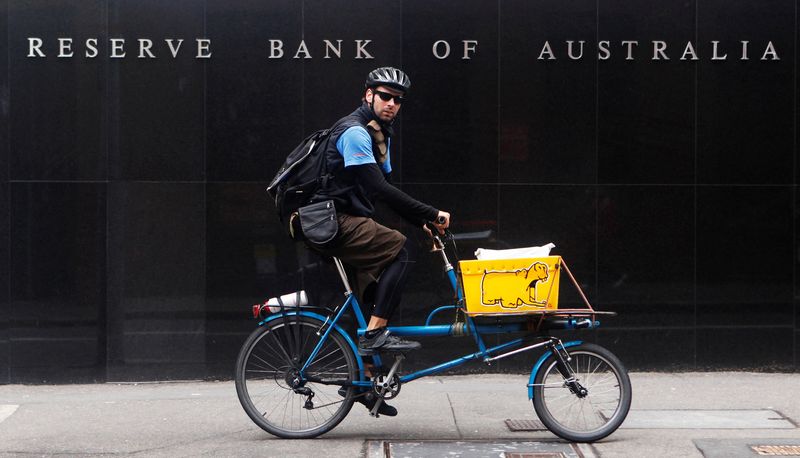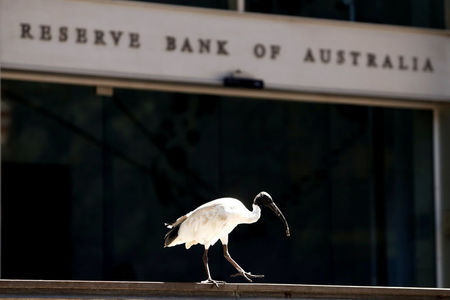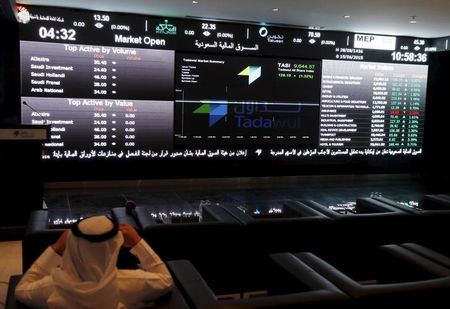US economy at risk of wobble as lower-income consumers get squeezed
NegativeFinancial Markets

The US economy is facing potential instability as lower-income consumers are increasingly feeling the financial pinch. With rising inflation and stagnant wages, these households are cutting back on spending, which could lead to a broader economic slowdown. This situation matters because consumer spending is a key driver of economic growth, and if lower-income families continue to struggle, it could have ripple effects across various sectors.
— Curated by the World Pulse Now AI Editorial System



